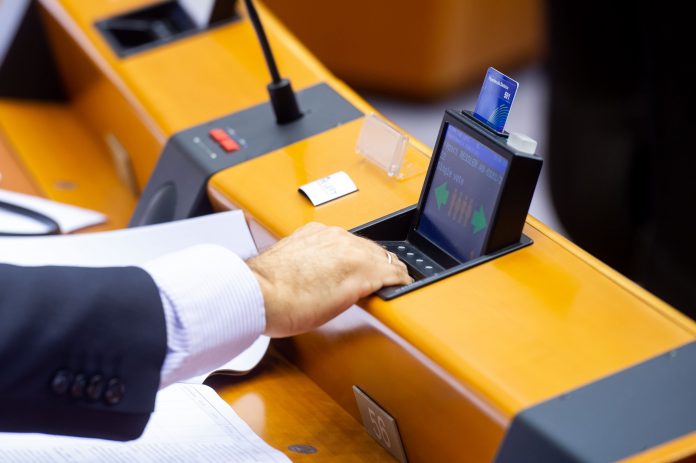Parliament calls for recovery funding to be transparent, conditional on the respect for the rule of law, and for ensuring a maximum return on the EU’s investment.
With their report, adopted with 420 votes in favour, 90 against and 83 abstentions, MEPs intend to influence the Commission’s upcoming review of the implementation of the Recovery and Resilience Facility (RRF), which is expected by 31 July 2022.
Protecting the EU’s finances, its values, and the rule of law
MEPs want the Commission to ensure a strong auditing and monitoring mechanism for RRF expenditure, implementation, and data management. This would prevent misuse, double funding or the overlapping of objectives with other EU funding programmes.
They stress that the rule of law, protecting the EU’s values, and the sound financial management of EU funds need continuous evaluation throughout the lifecycle of the RRF. It should be possible to halt or recover already-disbursed funds in case of non-compliance with these criteria.
Strategic autonomy, war in the Ukraine and social investment
RRF investments in the green transition and digital transformation should contribute to increasing the EU’s strategic autonomy and independence, in particular reducing its dependency on imported fossil fuels. However, MEPs call for more cross-border projects, such as improving the interconnection of European gas and electricity energy networks, and the full synchronisation of power grids. They stress the role of the RRF in the rollout of REPowerEU and say loans available under the RRF could be used to supplement these projects and advance investment in the EU’s energy transition, contributing significantly to EU energy sovereignty.
They also encourage member states to use the full potential of the RRF, including loans, to counter the effects of current and future challenges – in areas like SMEs, health care, measures to support Ukrainian refugees, and aiding local and regional administration in using funding effectively.
Transparency
MEPs reiterate that the Recovery and Resilience Scoreboard must provide basic information for citizens on the overall progress in the implementation of national plans. They expect continuous monitoring of the implementation of the RRF’s six pillars, as well as the 37% target for green spending, and 20% for digital issues. They recall that member states should collect and ensure access to data on beneficial owner(s) of businesses in receipt of funds and beneficiaries of the programme.

